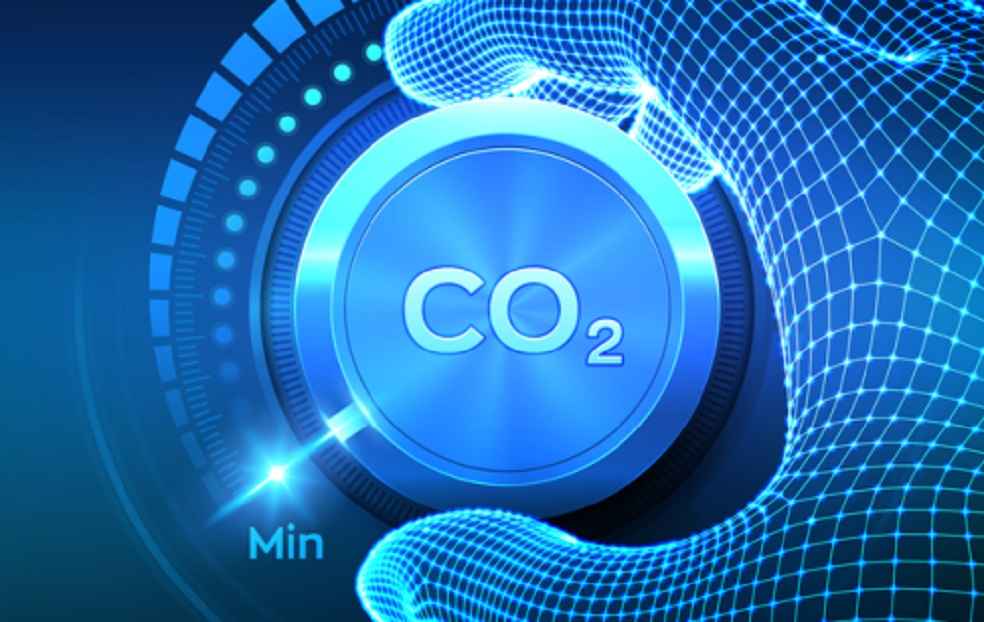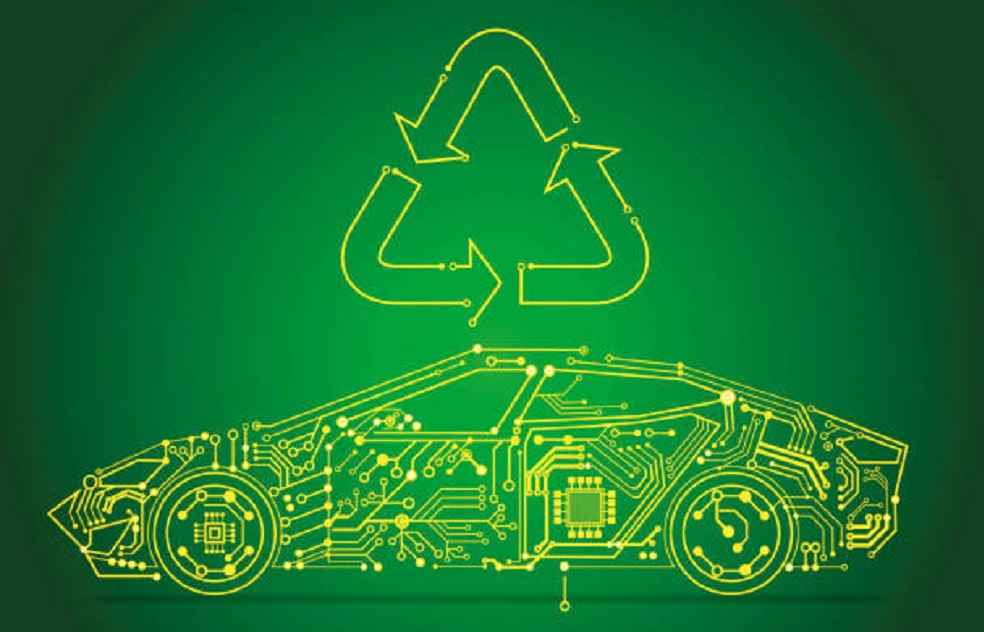Green NCAP has unveiled an update to its Life Cycle Assessment (LCA) data and fact sheets, marking significant progress in the automotive industry’s efforts to reduce carbon footprints. This comprehensive update includes expanded data coverage across countries like Norway and new fuel types such as LPG and E85. It also features up-to-date information on battery production, electricity supply, and biofuel mixes, reflecting the evolving energy sector.
Through this recent data update, Green NCAP highlights the positive changes within the industry. From improved raw materials for biofuels to increased efficiency in battery production, the updated LCA data showcases the advancements in sustainability. This expanded scope directly responds to the growth and innovation in the automotive sector, providing valuable insights for science, industry, and consumers.

One of the key findings of the updated LCA results is the reduced environmental impact of electric and plug-in hybrid vehicles compared to conventional combustion engine vehicles. This reduction is primarily due to the decreased carbon intensity in battery production and the promising future of Europe’s energy mix. Emissions from battery production have decreased by approximately 16 percent, thanks to economies of scale and sustainability efforts by manufacturers.
Electricity emission projections in Europe are expected to decrease by about 26 percent between now and 2039, driven by ambitious policy initiatives like Fit for 55. These improvements have resulted in a reduction of approximately 20 grams CO2-eq./km for the average battery electric vehicle, equating to a 15 percent reduction in their total carbon footprint. This translates to a saving of 4.8 tonnes of CO2-eq. per vehicle over its lifetime.
Changes in biofuel compositions also contribute to lower emissions. By 2050, FAME fuel (Biodiesel) is expected to contain 13 percent more used cooking oil and 16 percent less palm oil, further reducing its lifetime emissions.

LCA, a methodology estimating all emissions associated with the production and use of a product from cradle to grave, is essential for fair environmental assessments of transportation systems. Green NCAP’s updated LCA data, which incorporates actual test consumption measurements, offers a more realistic reflection of current energy supplies and batteries on the market. This update enhances the reliability and validity of Green NCAP’s LCA results, setting it apart from other assessments available.
Ricardo, a global strategic, environmental, and engineering consultancy, played a crucial role in this update. They provided high-quality, transparent data projections for electricity supply in European countries, contributing significantly to the LCA data update. Ricardo has also been involved in Green NCAP’s industry expert stakeholder meetings, offering advice and feedback on the ongoing development of Green NCAP’s methodology.
Nikolas Hill, Ricardo’s Technical Director and Head of Vehicle Technologies and Fuels, Sustainable Transport Team, praised Green NCAP’s focus on providing authentic data and customer usability. He emphasized the importance of evolving LCA data to stay relevant with industry advancements and expressed strong support for the recent update.
LATEST | VinFast Opens First Middle East Showroom in Oman, Expands Global Presence





